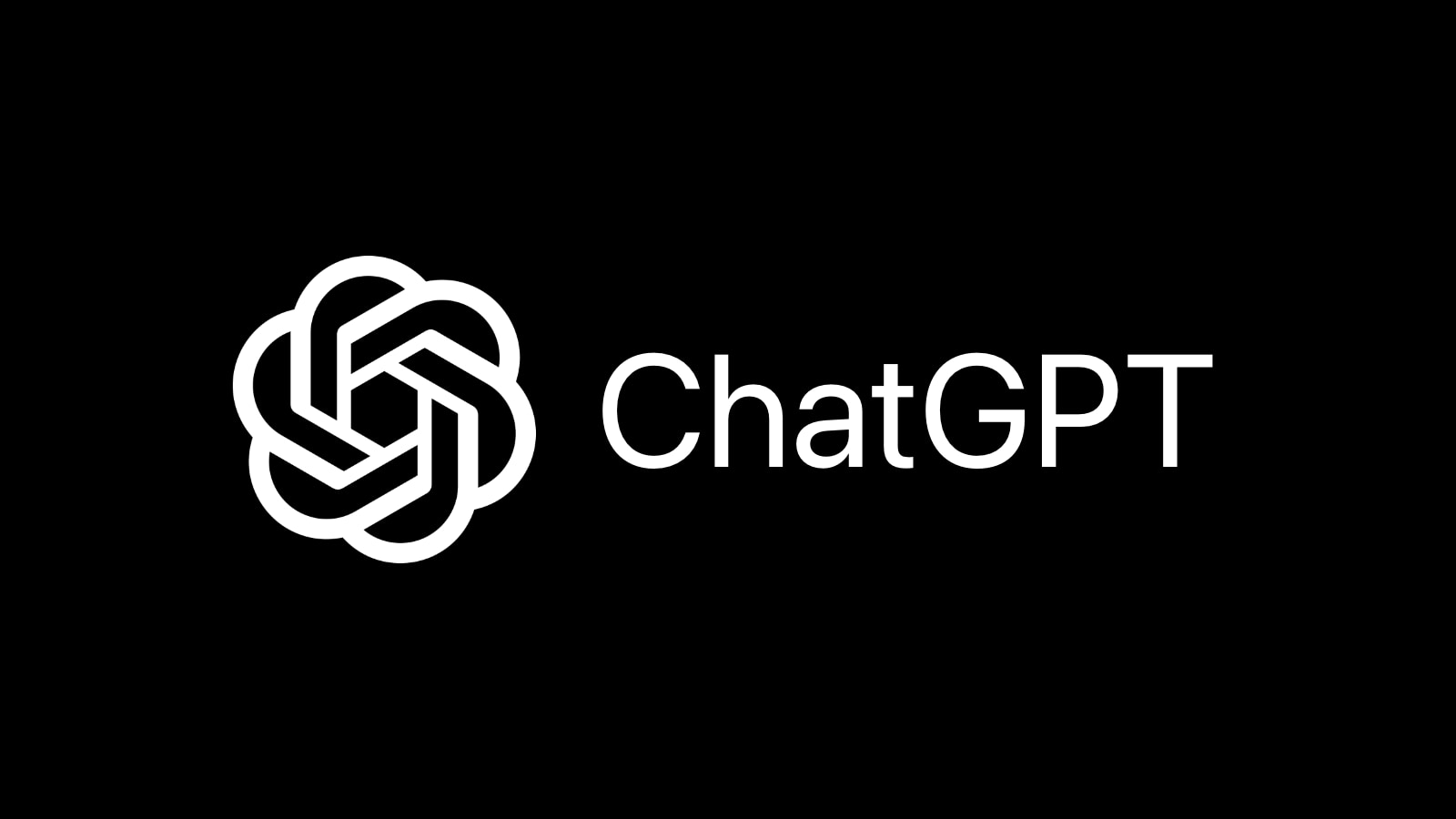
13 Open Source Alternatives to ChatGPT
Looking for open-source alternatives to ChatGPT? I've compiled a list of the best options for you.

Good Morning!
Delivering interesting content every single week on Bitcoin, Web3, Security, Crypto, Privacy & AI.
It's FREE, Takes less than 5-minutes to read, and you are guaranteed to learn something.
Subscribe to get valuable News, Useful Resources and Insights every week to your Inbox!

ChatGPT, developed by OpenAI, is a robust generative AI tool allowing users to input text prompts in a conversational manner, receiving detailed responses. While beneficial, it's proprietary and not open source. This article highlights 13 open-source alternatives, each catering to various needs.
Not all ChatGPT alternatives function the same way. Some solutions are purely meant for developers to create their own chatbot on top of it. And, a few others offer a chatbot or demo for you to test.
Relying on any single service is bad for the consumers. The same goes for ChatGPT.
In addition to that, here's why we should look for open ChatGPT alternatives:
Get transparency on how our data is being handled.
You can choose to build your own solution, saving money in the process.
Customize the ChatGPT alternative as per your requirements.
You are not locked on to the policies of a single company. The open-source solution can be flexible as per your needs.
Contributions to the open-source project will make an impact on everyone across the globe.
I do not intend to say that ChatGPT is bad, or you should stop using it. However, "we" as the users should benefit more from the open alternatives in the long-run.
Not all demos allow commercial use. You need to be careful when using the content from the chatbot demos for some options.

Developed by Together,
OpenChatKit is a comprehensive alternative to ChatGPT, using the RedPajama model. Visit its GitHub page for technical details.

An open-source alternative powered by an RNN (Recurrent Neural Network) language model, ChatRWKV offers a demo on Huggingface. Explore its GitHub page for details.
Developers and businesses can build their chatbots utilizing ChatRWKV.

Part of the Colossal AI initiative, ColossalChat allows you to clone AI models and build ChatGPT-like platforms. While the demo isn't functional, the source code is available on GitHub.
Geared towards assisting writing, KoboldAI is a browser-based front-end AI designed for novels. It supports various modes and can be explored on its GitHub page.
GPT4all is an open-source project enabling chatbots to run locally on CPUs and almost every GPU. Install its desktop application and explore details on its GitHub page.

Leveraging Huggingface's platform, HuggingChat is an open-source ChatGPT alternative. Take it for a spin and explore the source code for customization.
Koala by EasyLM is a locally run chatbot built on the LLaMA dataset. While the demo isn't available, check its documentation for running it locally.

Trained on top of LLaMA, Vicuna claims to rival ChatGPT in quality. Explore this open-source chatbot on its official blog post.
Alpaca-Lora provides an instruct model using low-rank adaptation, with the ability to run on a Raspberry Pi. Details are available on its GitHub page.

Dolly is a language model trained on Databricks for commercial use. Find the source code on GitHub and explore the model on Huggingface.

Tailored for queries and document summarization, H2oGPT offers a live demo and source code on GitHub for exploration.

Cerebras-GPT offers open-source GPT-like models with a focus on parameters for improved accuracy and compute efficiency. Find model details on Hugging Face.
Although the demo is no longer functional, OpenAssistant aimed to provide access to a ChatGPT-like chatbot. Utilize the available progress and source code for further development.
In conclusion, open-source alternatives to ChatGPT offer flexibility, transparency, and customization. Users and developers can choose based on their specific needs, ensuring adherence to language model policies. Explore, modify, and utilize these alternatives to enhance your chatbot experience.
If you're enjoying today's newsletter, why not share it with your friends? They might find it just as informative and entertaining as you do.
Sharing is caring, and by spreading the word about this newsletter, you're helping to support ME and ensure that more great content gets produced in the future. Plus, you'll get to have even more conversations with your friends about the interesting topics covered in each edition.
There are three ways to show me that you enjoyed reading this article:
Share this post with your friends
Subscribe to my newsletter
Collect this post for FREE on Zora Network (only 100 mints available)
I hope this was helpful!
Thank you for reading!
Let’s bust some more in next article.









13 Open Source Alternatives to ChatGPT https://paragraph.xyz/@kazani/13-open-source-alternatives-to-chatgpt